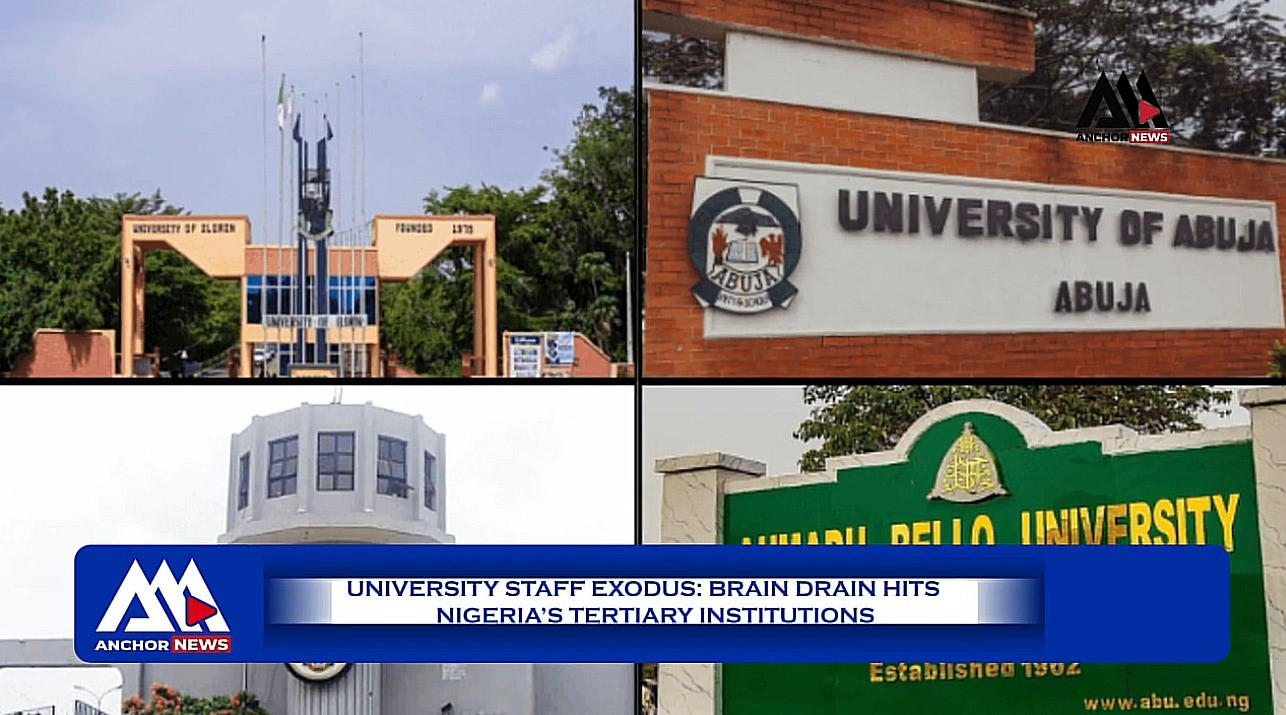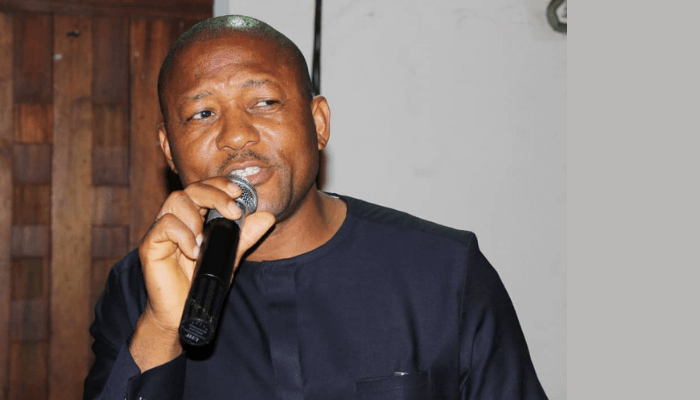
Stock photo of a the men are carrying bags as they are walking to the bus, in the style of michael eastman, gordon parks, pieter hugo, militaristic realism, close up, strong facial expression, dark cyan and light amber, –ar 3:2 –style raw –stylize 250 –v 6
Civil servants and residents of the Federal Capital Territory (FCT) have expressed deep concern over the rising cost of living, lamenting that inflation is eroding their health, dignity, and ability to meet daily needs. Many say they have been forced to adopt unsafe and undignified means of commuting to work and back.
Speaking in Abuja on Sunday, Mr. Hassan Yusuf, a civil servant who lives in Gwagwalada and works in the Central Area, said transport now consumes more of his income than food.
“Previously, I spent about ₦700 daily on transport; now it’s over ₦1,500. That’s more than half of my salary gone,” he said.
Mrs. Agnes Pelumi recounted how, after work, she and fellow commuters cling to the backs of open trucks or cram into overloaded buses to cut costs.
“These risky practices are desperate attempts to manage soaring transport expenses amid worsening inflation. But they expose us to greater dangers—accidents, injuries, and pollution-related illnesses,” she said.
She appealed to the government to intervene urgently, noting that the hardship was becoming unbearable for low-income earners.
Miss Florence Ajekwe, who lives in Lugbe, also urged prompt action. “Nigerians are suffering. Civil servants spend most of their meagre salaries on transportation. We need urgent relief,” she stated.
For Mrs. Chinyere Okafor, a cleaner residing in Nyanya, the situation is even graver. “We are barely surviving. I leave home by 4:30 a.m. to join queues for cheaper buses. If I miss them, I pay nearly double the fare for taxis. It’s outrageous,” she said.
Commercial driver Musa Abdullahi explained that the fare hike is driven by rising fuel prices and vehicle maintenance costs. “We’re not happy about the increase, but fuel is expensive, and we pay daily union levies. Maintenance costs are also up,” he said.
Commuters have called on the government to revive subsidised mass transit buses and regulate fares across the city. Mr .Segun Alade, a teacher, urged the government to fulfil its promise to provide affordable public transport.
According to the National Bureau of Statistics (NBS), Nigeria’s Consumer Price Index (CPI) rose to 119.52 in April 2025—up by 2.18 points from March. Although headline inflation slightly declined to 23.71% from 24.23% in March, prices remain historically high.
Economic analyst Andrew Nwakama said many civil servants are unable to cope as wages remain stagnant despite escalating costs.
“Transport forms a major part of their monthly expenditure. With fares rising in tandem with fuel and maintenance prices, workers are left with painful choices,” he said.
He added that the broader implications affect workplace productivity and morale. “Long, dangerous commutes reduce efficiency. Policymakers, unions, and employers must collaborate to deliver practical solutions—subsidised transport, infrastructure upgrades, and inflation-adjusted salaries,” he concluded.
Mr. Chinedu Justin, a public servant, echoed the call for coordinated action: “Without decisive intervention, civil servants will continue to shoulder the social costs of this crisis.”












